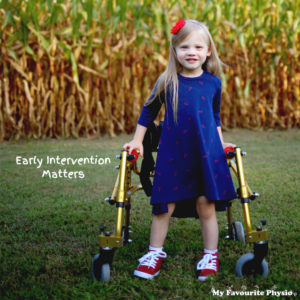04 Aug Did you know that the brain is highly mouldable from birth to 5 years old?🧠

The most rapid period of brain development occurs in the first 3 years of life, where number of brain neural 🧠connections increases from approximately 2,500 at birth, to approximately 15,000 at two or three years old. 👧This amount is about twice that of the average adult brain.
During this period the brain has the ability to learn from experiences to create new pathways in the brain. This process is called neuroplasticity. This is why Early Intervention is so important in the first 3-5 years old a child’s life.👶🏻
The environment in which a newborn is placed in impacts greatly on the type of experiences that the newborn is exposed to and therefore is able to learn from. 💪A newborn who is left in a cot most of the time with nothing to stimulate them, will not learn to focus with their eyes nor smile nor play with their hands. 😳While a newborn who is constantly being spoken to and has toys placed in front them to play with will soon learn to talk and smile and play. This is why Early Intervention works to help babies with special needs learn to move and talk.😊
So no matter what the medical team has predicted about your child’s future, know that your child’s brain has the ability to learn and change in the first 5 years, and Early Intervention works! 🚀🚀🚀Here at My Favourite Physio , we see many babies and children beat the odds and achieve what the medical team often predicts is not possible. There is no secret, it’s brain neuroplasticity, Expert Paediatric Physiotherapy Knowledge, Early Intervention and Hard Work! 💪
If you have a child with special needs and you would like to find out how our Expert Peadiatric Physiotherapists can help your child be the best version of them, ring My Favourite Physio 📱on (02) 9790 4233 or DM us @myfavouritephysio to speak to one of our Expert Paediatric Physiotherapists today!
#earlyintervention #myfavouritephysio #grossmotormilestones#paedsphysio #kidsphysio #physio #physiotherapy #bankstown#cerebralpalsy #developmentaldelay #downsyndrome #angelmansyndrome
